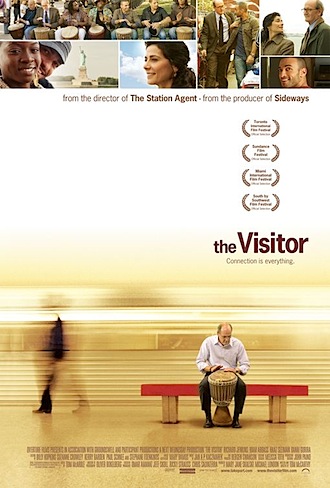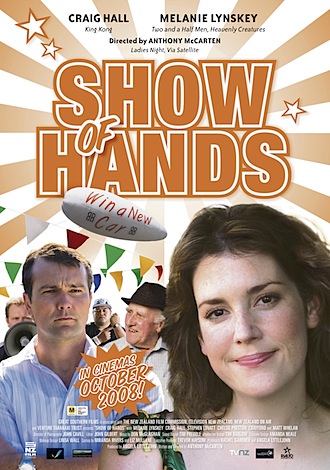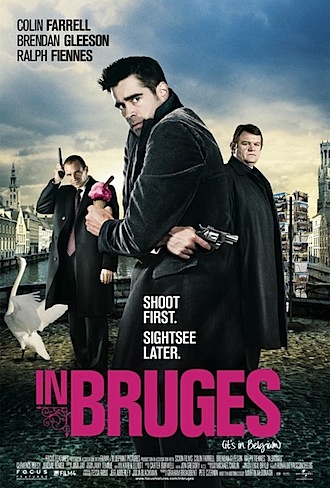Strange as it may seem but reviewers are people too and, like the rest of you ordinary folk, we have blind spots and mine is horror. Back when I was…
Read More
After Slumdog Millionaire last week, everything seems kind of old-fashioned. At any other time a film like Milk would stand out from the crowd as an example of quality, thoughtful,…
Read More

While the Bond 22 juggernaut threatens to crush everything in it’s path, a couple of plucky little indies try and offer a wholesome alternative (and stay out of harm’s way…
Read More

According to the venerable IMDb.com, before Show of Hands the only feature films to be shot in New Plymouth were The Last Samurai (sort of) and something called Mad Mission…
Read More

Two hitmen (Gleeson and the excellent Colin Farrell) have been sent to the sleepy Belgian town of Bruges to lie low after a job has gone wrong. Once there, they…
Read More
Keira Knightley may only be 23 but (along with Daniel Craig and Simon Pegg) she's been given the unenviable job of saving the British film industry, a challenging task for…
Read More
